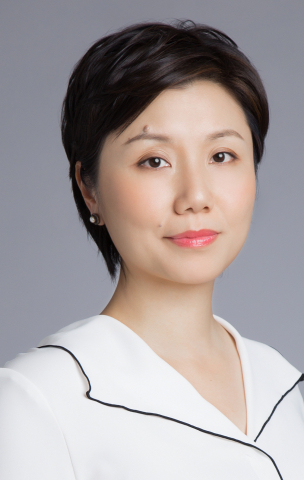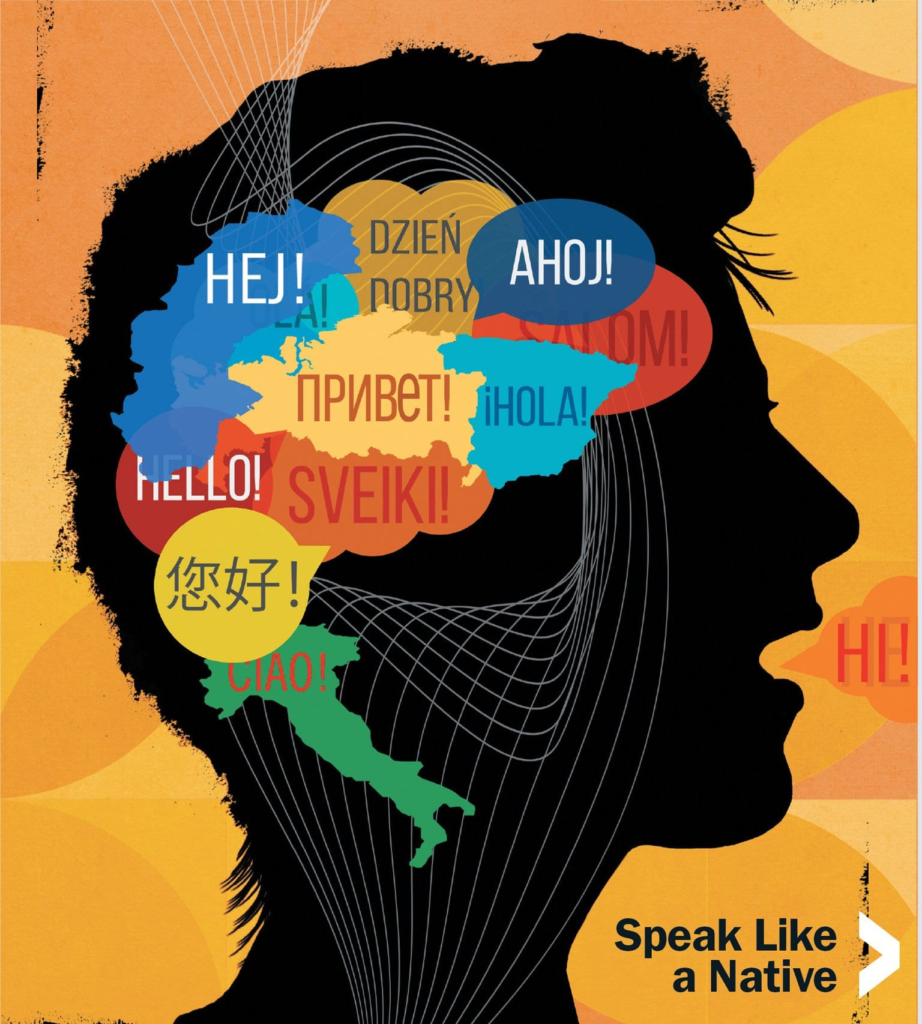In connection with International Plain Language Day (which is a real thing), Wordrake recently published an interview with Georgetown Legal English Prof. Stephen Horowitz, who teaches in Georgetown Law’s Two-Year LLM Program, in which they asked him questions such as:
- “What prompted you to combine Law and English as a Second Language?”
- “What connections do you see between writing for lawyers, linguistics, English as a Second Language, and the plain language movement? How do you see these fields working together to promote clarity and equity?”
- “How can other lawyers help clients who speak English as a second language? What should lawyers know about ESL processing that would help them better serve clients?”
- “How can professors help students who speak English as a second language?”
Below are some quotes from the interview:
- “In Japan I encountered so many situations and behaviors that felt uncomfortable and at times even irrational. I learned to stop myself and consider the possibility that it actually was rational if you’re working from a different set of assumptions. And I learned to question and evaluate my own assumptions about how things should work before I fell back on a judgmental view or comment. It’s led me to a passionate curiosity for trying to understand why people do things they do.”
- “The plain English movement is a reaction to a sense that the writing of lawyers and judges had become unnecessarily complicated and was acting as a barrier to access to justice. Although not stated explicitly, the plain English movement seems to me to assume native English speakers as its primary users and consumers. Legal English, on the other hand, is a catch-all term relating to the approach and curriculum for helping lawyers and law students from other language backgrounds study or work with US (or UK, Canadian, Australian, etc.) law or contracts in English.”
- “The primary overlap [between Plain English and Legal English] is probably with regard to input. In the case of plain English, if you simplify language and use fewer words, then there is less information to process, both in volume and complexity. That should work to the benefit of non-native English speakers. In other words, using plain English makes a text closer to the idea of “comprehensible input.” Of course, it’s also possible that even a text that meets plain English standards could still be challenging for a non-native English speaker to understand for a variety of reasons, including vocabulary, grammar, and cultural knowledge gaps. And of course among non-native English speakers, there will also always be a wide range of facility with English.”
- “However, it seems to me that plain English and legal English begin to diverge regarding output. This is because plain English can often be conveyed as a series of prescriptivist rules and principles for how to use and not use language. Whereas in legal English, the priority is generally learning to communicate one’s ideas accurately, with style a little lower down the priority list depending on the student. From a legal English teaching perspective, we want the students to learn to feel confident in expressing their ideas.”
Below is a link to the full interview.






